
Book Now to Experience
Acne Treatment
1 Minute Self-Registration
Date should not be before minimal date
Author: Natalie Ng|20 April 2025
Clear, fresh skin begins the moment you wake up. Unfortunately, clogged pores often develop overnight as dirt, excess sebum, dead skin cells, and makeup residue collect in your skin's tiny openings. These impurities, along with environmental factors and stress, are among the most common culprits leading to pimples, blackheads, whiteheads, and breakouts—especially if you have acne-prone or oily skin. Luckily, preventing clogged pores doesn't require complicated skincare routines or expensive treatments. Simple morning habits can rid your skin of excess oil, debris, and pore-clogging impurities before they cause irritation and blemishes. Choosing non-comedogenic skincare and makeup products, cleansing gently with ingredients like salicylic acid or lactic acid, and maintaining a balanced diet can significantly enhance your skin texture and keep your pores clear. Curious about how these easy changes in your morning skincare routine can help unclog pores and prevent acne from forming? Continue reading to discover exactly how you can achieve healthier, clearer skin every day.

1
Hydrate Yourself in the Morning to Prevent Clogged Pores
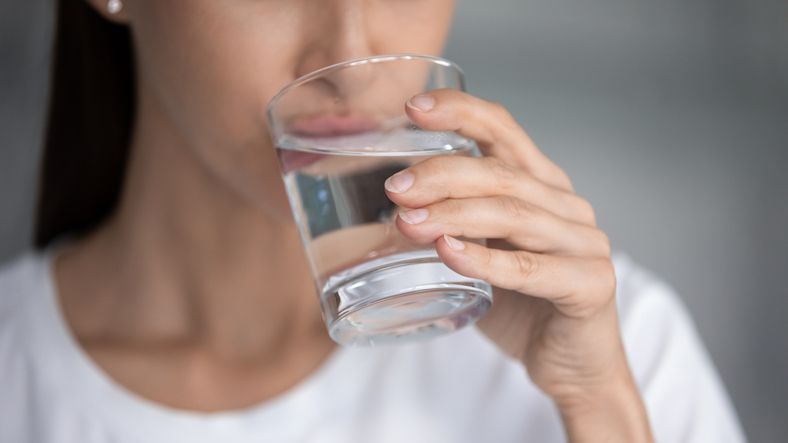
Hydration Boosts Skin Health and Reduces Oily Skin
Reduces Signs of Aging and Irritation
Prevents Acne and Pore-Clogging
Enhances Absorption of Skincare Products
Supports Better Nutrient Absorption and Clear Skin

2
Double-Cleanse Your Skin
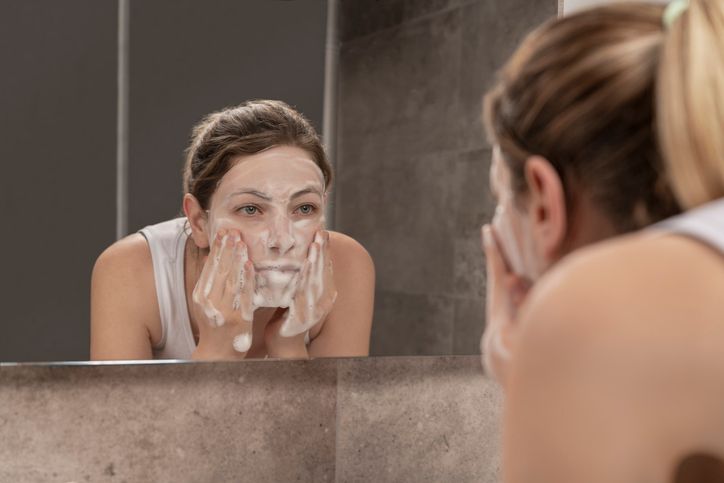
Step 1: Oil-Based Cleanser
Step 2: Water-Based Gentle Cleanser
Use Lukewarm Water for Clearer Skin
Exfoliate Gently to Remove Dead Skin Cells
Read More

3
Boost Skin Circulation With Morning Exercise
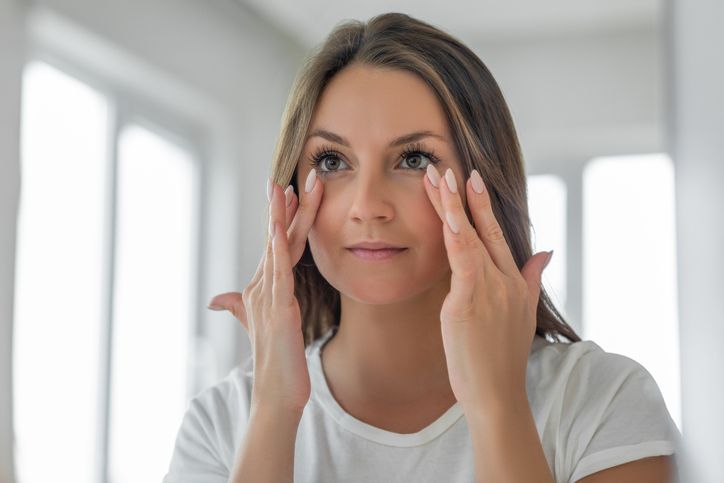
Gently Massage Your Face
Stretch Gently to Enhance Circulation
Effective Post-Workout Skincare Routine

4
Skincare Before Applying Makeup
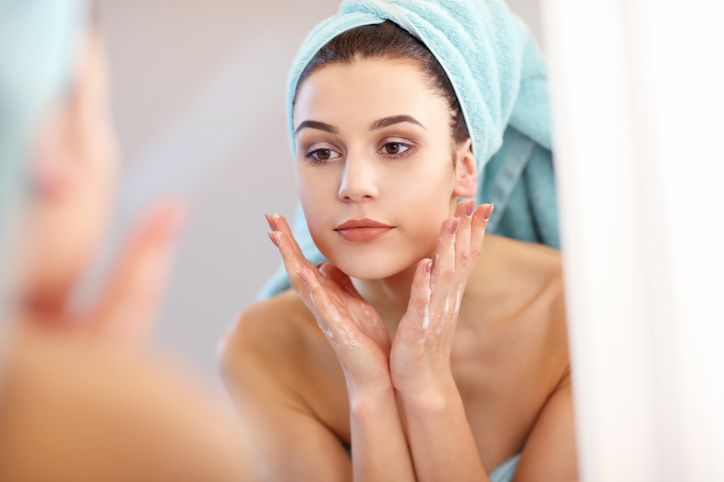
Pick Non-Comedogenic Skincare and Makeup Products
Gentle Cleansing and Toning for Clearer Skin
Apply Serums and Moisturizers Properly to Reduce Irritation
Finish Your Routine with Sunscreen for Protected Skin

Book Now to Experience
Acne Treatment
1 Minute Self-Registration
Date should not be before minimal date

5
Eat a Healthy Breakfast to Prevent Clogged Pores and Support Clear Skin

Include Antioxidant-Rich Foods for Reduced Inflammation
Add Omega-3 Fatty Acids to Balance Oily Skin
Eat Leafy Greens and Nuts for Healthier Skin Cells

6
Enhance Your Skincare Routine with Acne Treatment to Prevent Clogged Pores and Acne Breakouts
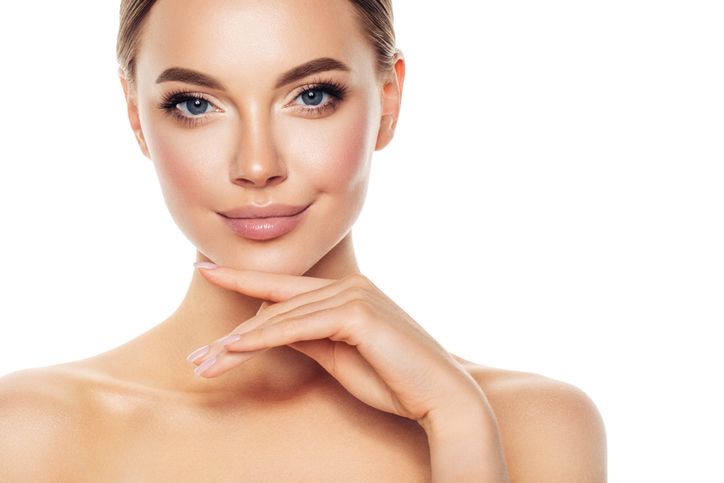
How Acne Treatment Works to Clear Clogged Pores and Acne-Prone Skin
Key Benefits of Professional Acne Treatment:
FAQ
How Long Does It Take to See Results From a New Skincare Routine?
Patience and persistence pay off when starting a new skincare routine. You'll typically see results in different timeframes: immediate effects from moisturizers, one month for cleansers to show improvement, and six to eight weeks for serums to make noticeable changes. For more intensive treatments like retinol, you'll need to wait up to six months. Remember that your skin's natural renewal cycle takes about 30 days.
Can Certain Medications Affect How Easily Pores Become Clogged?
Yes, medications can substantially affect your pore-clogging tendencies. 1) Hormonal medications like birth control can increase oil production, making your pores more susceptible to clogging. 2) Some antibiotics may alter your skin's natural balance, leading to increased blocked pores. 3) Certain medications containing steroids can thicken your skin and enlarge pores. 4) Retinoids, while therapeutic, can initially cause skin cell turnover that temporarily clogs pores during the adjustment period.
Does Air Conditioning or Heating Impact Pore Health Throughout the Day?
Like a desert wind, both air conditioning and heating can wreak havoc on your pore health. Here's how they affect you: 1) AC strips moisture from the air, causing your skin to overproduce oil and clog pores. 2) Heating systems can create excessive humidity, trapping bacteria and leading to breakouts. 3) Both systems circulate indoor pollutants that settle into pores. You'll need proper skincare and ventilation to counteract these effects.
Should Skincare Routines Change Based on Hormonal Cycles or Seasons?
Yes, you should adjust your skincare routine based on both hormonal cycles and seasons. During hormonal fluctuations, your skin may become more sensitive or breakout-prone, requiring gentler products or additional acne care. Seasonal changes demand specific adjustments too: lighter moisturizers and increased SPF in summer, while winter calls for richer hydration to protect against harsh conditions and maintain your skin's barrier function.
Are There Specific Fabrics for Clothing That Help Prevent Pore Congestion?
You'll find that natural, breathable fabrics are your best allies in preventing pore congestion. 1) Choose linen, cotton, and hemp as these materials allow your skin to breathe and manage moisture effectively. 2) Avoid synthetic materials like polyester, spandex, and nylon, which can trap heat and bacteria. 3) Opt for loose-fitting clothing when possible, as tight garments can create friction and trap sweat against your skin.

Book Now to Experience
Acne Treatment
1 Minute Self-Registration
Date should not be before minimal date
Recommended Articles
COPYRIGHT© NEW BEAUTY MANAGEMENT LIMITED 2026. ALL RIGHT RESERVED.




